Breaking News

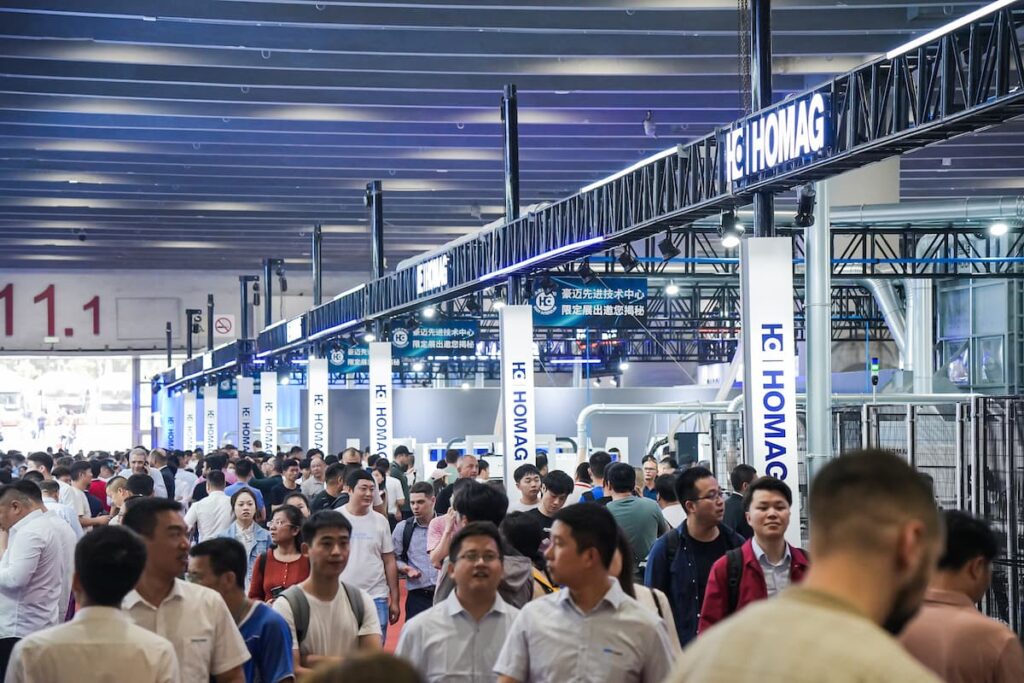
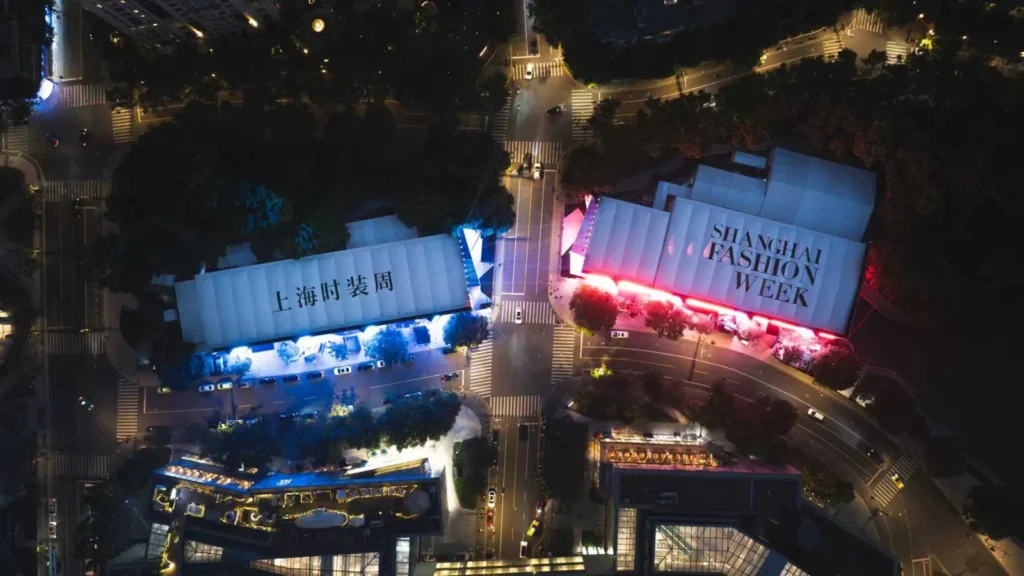

Popular News


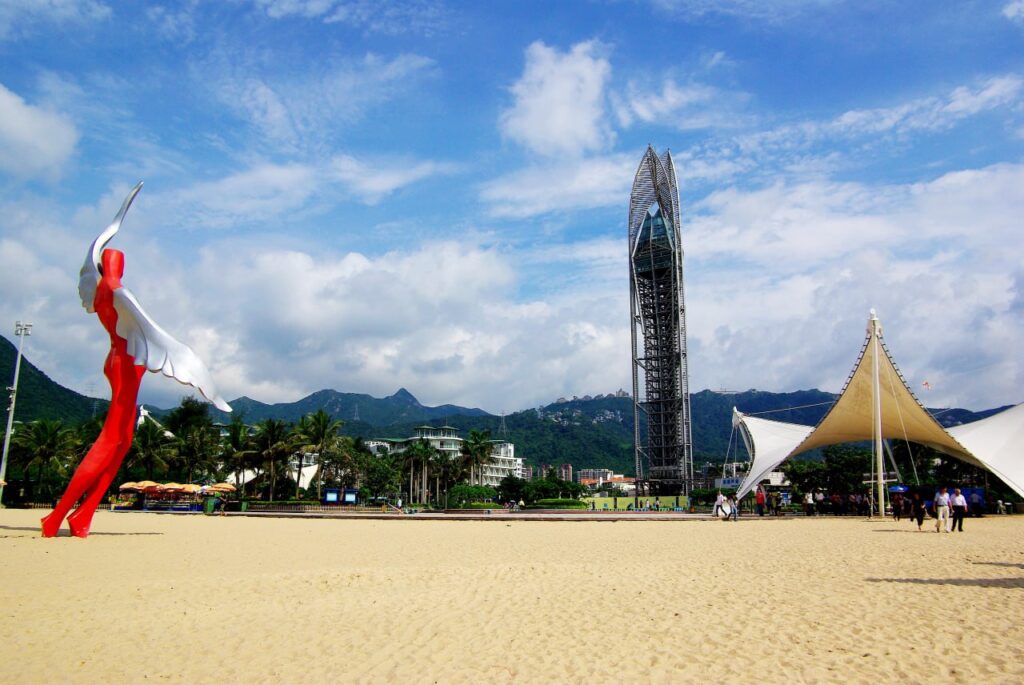
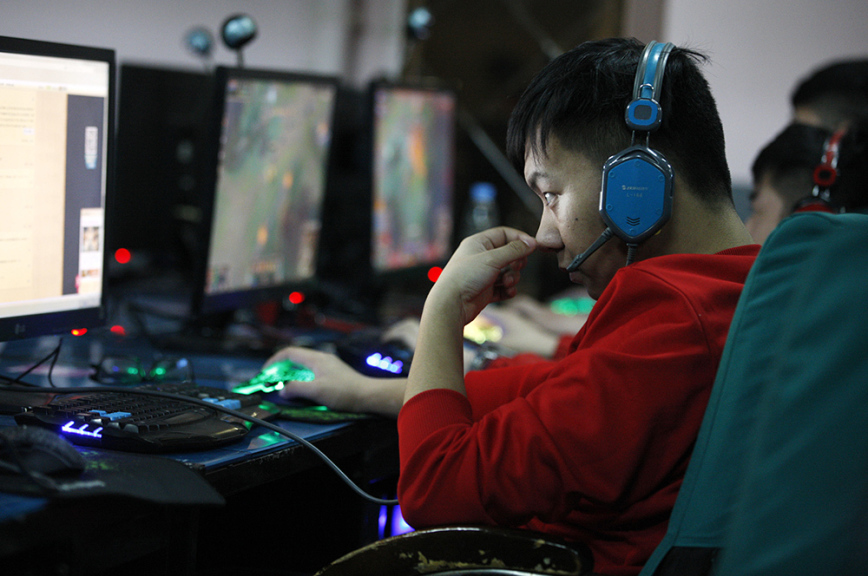










China internet crackdown online censorship in 2025: scope of restrictions, targeted platforms, statistics, and implications for free speech.
China’s internet crackdown online censorship has entered a new phase in 2025. Authorities have launched a two-month nationwide campaign to suppress online content that “incites hostility,” spreads pessimism, or fuels economic rumors and conspiracy theories. The campaign targets trending topics, comment sections, and short videos across major platforms such as Kuaishou, Weibo, and Xiaohongshu. Regulators emphasize not only clear violations but also subtler content that conveys hopelessness or questions the value of education and work. Several platforms have already faced warnings, fines, and disciplinary measures, raising concerns about the shrinking space for open debate and expression in China’s digital sphere.
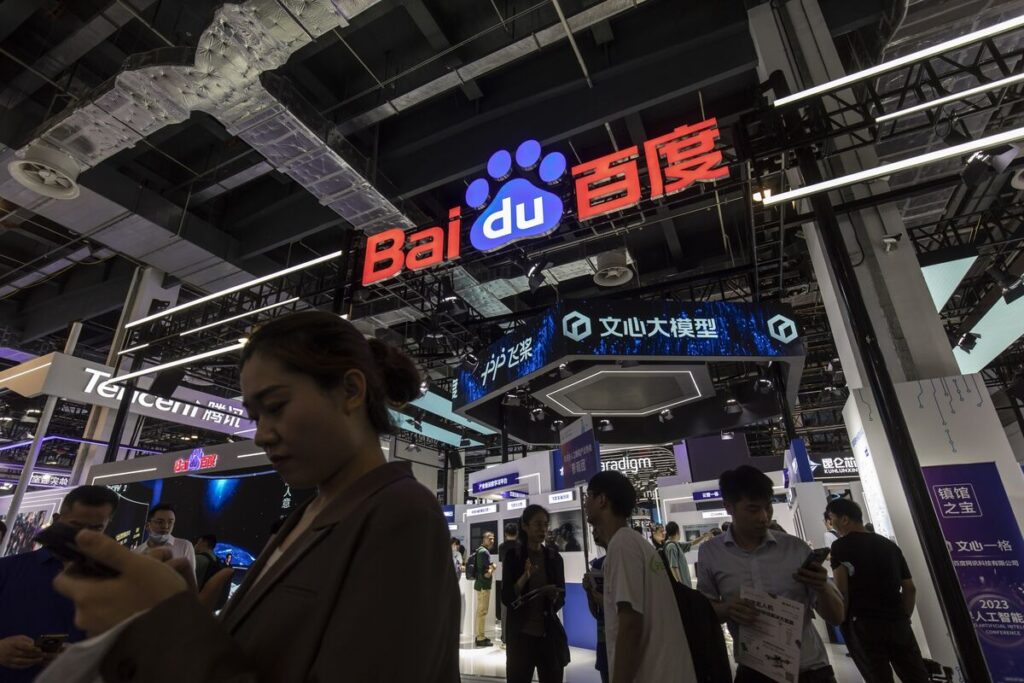
Chinese regulators argue the campaign is aimed at safeguarding social stability and public morale. The focus is on five categories of content:
Short video platforms and trending topics are under particularly close scrutiny, as they play a central role in shaping public opinion among younger audiences.
China’s Cyberspace Administration of China (CAC) is the main body enforcing these measures. Since 2020, regulations such as the Provisions on the Governance of the Online Information Content Ecosystem have required platforms and creators to avoid publishing content that undermines state interests or spreads false narratives. The new campaign is a direct extension of these long-standing rules.

While official figures for the current campaign have not been published, past crackdowns illustrate the potential scale:
These figures suggest the latest campaign could affect millions of posts and potentially hundreds of platforms.
The CAC has expanded its methods:
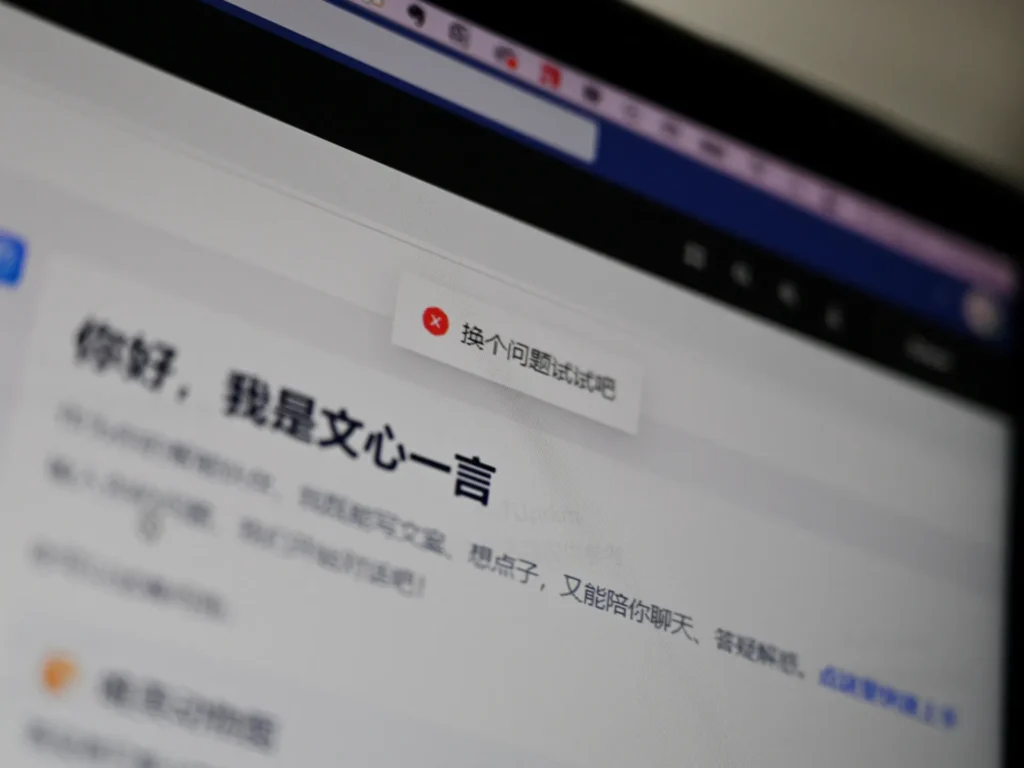
Several factors explain the timing:
For users:
For platforms:
For society and international perception:
This is not the first time China has intensified digital regulation:

The role of artificial intelligence is growing in censorship. Automated systems now scan posts, videos, and comments in real time, flagging suspicious language or sentiment. While this makes moderation more efficient, it also increases the risk of over-blocking harmless content. Social media in China has become not just an entertainment space but a field where state policy directly shapes the flow of information.
1. What qualifies as “hostility-inciting content”?
It includes posts that stir conflicts between fan groups, regional communities, or social classes, as well as instructions on doxxing or spreading personal data.
2. How is “pessimism” or “economic rumor” defined?
Authorities classify it broadly: from rumors about economic crises to claims that “hard work is pointless” or “the future is hopeless.”
3. Which platforms have been penalized?
Kuaishou, Weibo, and Xiaohongshu have already received official warnings and sanctions.
4. Will posts be removed automatically?
Yes. Platforms are required to monitor trending topics, recommendation feeds, and comment sections, deleting content that fits the targeted categories.
5. How does this affect free speech and mental health?
By suppressing conversations about uncertainty, unemployment, or depression, censorship limits public dialogue and may worsen feelings of isolation.
6. How do users bypass censorship?
VPNs, proxies, and foreign messaging platforms remain popular tools. Research shows even limited access to uncensored information significantly changes user attitudes.